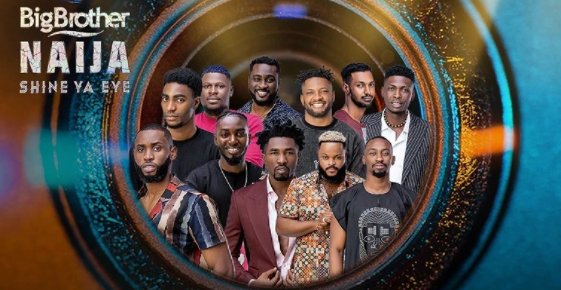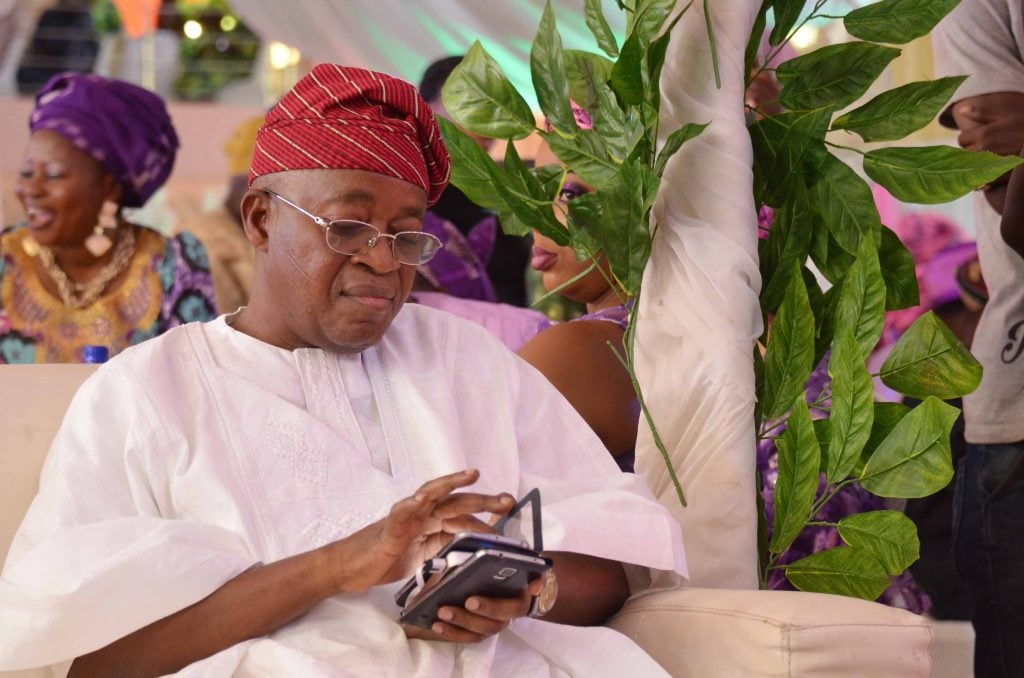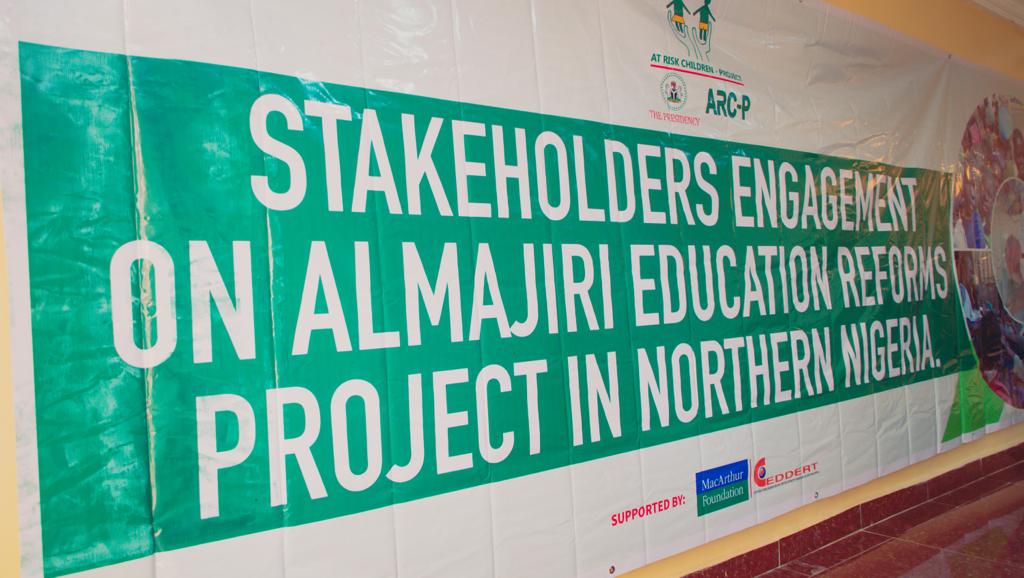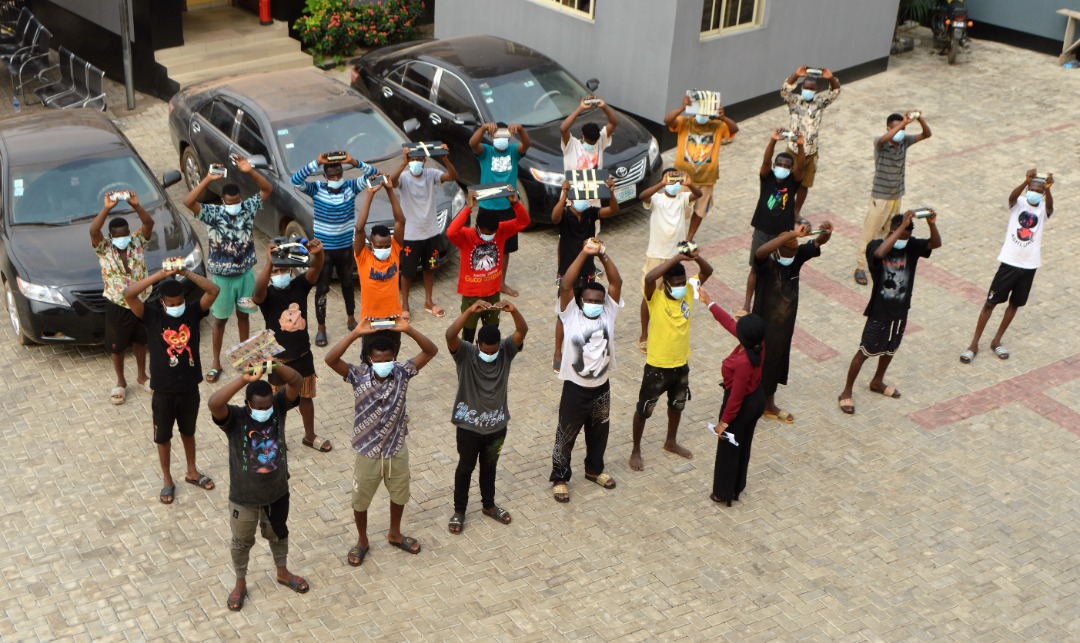BY CHIKE NWODO
As the sixth edition of the Big Brother Naija reality show ends, after the reunion of the housemates of the fifth edition drew the curtain on that edition, it has become immediately apparent that black Africa may perpetually remain 500 years behind western development and civilisation. This is so because evidently, the task to decolonise the African’s mind, to implant in him the self-consciousness necessary for society’s renaissance and development, may never happen for black Africa in another 500 years.
We rightly continue to bemoan the tragic waste of resources that has continued to define Nigeria’s politics of retrogression, but we seem not to realise how the narratives pushed by our social institutions of pop culture have also helped to entrench this culture of waste that has decidedly defined the Nigerian society as a socially unconscious one. It is what I find wrong with far-reaching TV shows like BBN; whether or not it is a business. Aside from the fact that it greatly aids the erosion of the social-mindedness necessary for development, Big Brother Naija and the money surrounding it is another testimony of why black Africa is in a crying mess. If the reunion of its season 5 housemates, including clips from the just-concluded season 6, did nothing, it confirmed some critics right; that BBN is not just a wasteful preoccupation, it is an annual ritual of the celebration of budding porn stars and expensive thoughtlessness.
As a result, it is important to ask the question of why multi-million naira companies in Nigeria like sports betting companies, the TELCO giants, manufacturing giants like INNOSON, can easily sponsor such TV shows that adds no social-minded value, but find it unprofitable to organise and entrench scholarships and grants to enhance research, edifying arts, business ventures, and science and tech advancements to create Nigeria’s own silicon valley? Why can’t these billion naira betting companies and billionaire individuals, for instance, sponsor or takeover football clubs in Nigeria and build stadia and academies for them to aid sports science and development? The answer is in the social mentality that has made things like BBNaija a dominant socialising phenomenon, discussed as an entertaining evolutionary narrative of society.
Advertisement
The purpose of making money
According to John Ugbe, the chief executive officer of MultiChoice Nigeria, the production of the season five edition cost N3.5 billion. This year’s season six cost a whopping N4.6 billion, with over 1 billion votes recorded in the show. It calls for a sobering question of how in a country like Nigeria, rated as the poverty capital of the world, where successive generations of humans and their children are still shouting “Up NEPA”, and have no means to affordable healthcare and quality education, including accessible water for drinking, and her big men and women, including network companies still struggling to provide affordably effective network services, put together billions to sponsor a reality show where the biggest, if not the only preoccupation, is sex. It is the true definition of a people whose simple-mindedness and self-unconsciousness border on the egregious.
To situate the alarming level of black Africans’ self-unconsciousness, and why the argument for BBN being a private entertainment business does not cut it, by the time the UK’s version of Big Brother debuted in July 2000, the UK for instance already had a train transport system that had existed for over a hundred years old! It took a single man’s concern about the congestion and traffic situation in his city in 1845 for what is today known as the world’s first underground train tube station to be born in London and opened for usage in 1852. That man was Charles Pearson. And the project cost 1 billion pounds. Pearson, who was from a wealthy home and lived a comfortable life, became interested and dedicated his life to easing the stress of the everyday people of London. So he campaigned vigorously for an underground station and continued even after being elected as an MP.
Advertisement
Most significantly, the rail line was financed by a PRIVATE company – The Metropolitan Railway, who offered Pearson some monetary reward for helping them get the job without being a shareholder of the company, a reward Pearson refused. He died without even seeing his idea come to fruition three years later. Today humanity drinks from the well of his vision.
Furthermore, when the Black Lives Matter protests occasioned by the killing of George Floyd rocked America and Europe, the Bristol City protest that took down the statue of Edward Colston was particularly revealing. It showed that it is not so much about “how” people made money as it is about “why” they make money; because in reality, many millions and billions are not just direct proceeds of different forms of crime, but what can effectively be called “blood money”. Thus, whether the barbarity was about chopping off human parts in name of rituals, or drowning people in the ocean as slave dealers, or gunning down rivals to gain territory in name of drug business, essentially, all are forms of blood money. What matters, however, is “why” money was made in such a barbarically desperate manner.
How Europe became ahead
The foregoing is not a validation of crude means of making money, the intention is to show that the evolution of Europe and western civilisation and development sits on the worst forms of human savagery. Africa has not committed a quarter of the atrocities and barbarism Europe and America visited on humanity. The question then is why have they continued to be 500 years ahead? Why has it become almost impossible for Africa to catch up? Why have we failed to meet up with the most negligible standard they set hundred years ago? The life of Edward Colston provides the answer.
Advertisement
According to a BBC report, “in 1680 Colston became a member of the Royal African Company which at the time had a monopoly on the slave trade. By 1689, he had risen to become its deputy governor. Slaves bought in West Africa were branded with the company initials RAC, then herded onto ships and plunged into a nightmarish voyage. Closely shackled together, hundreds of enslaved people lay in their own filth; disease, suicide and murder claimed between 10 and 20 per cent of them during the six to eight week voyage to the Americas.”
Put in context; Colston and his fellow slave dealers, shackled together hundreds of human beings for an upward of 8 weeks on the Atlantic and used heated iron to brand the initials of their company on them like tomato pastes. So much were the sufferings of these people that many of them chose death, drowning themselves in the ocean. And this happened for upward of 300 years. I am not sure any of our African ancestors was that coldheartedly wicked and inhuman. It takes a special kind of dead conscience wickedness to achieve that level of savagery, and still be sipping wine while at it. But that was the family business Colston inherited that gave him his millions.
However, what did he use those millions for? It is telling that by the time Colston died in 1721 at the age of 84, he’d willed his entire wealth to charity. The man was so generous to his city so much so that he literally funded the entire development of Bristol. According to that BBC report, “human suffering…made Colston rich and a grateful Bristol honoured his benevolence; naming dozens of buildings, institutions, charities, schools, sports clubs, pubs, societies, and roads after him. His charity is commemorated during processions and church services. School children have paid homage to him at services. His statue stands in the city centre, inscribed as a “memorial of one of the most virtuous and wise sons of the city”. The report concluded that for hundreds of years, Colston has been unquestionably venerated. This was a man whose own slave blood money business was as brutal and savage than one can imagine.
How Black Africa can catch up
Advertisement
It is instructive that not a single sub-Saharan country led or contributed funding to the RTS,S malaria vaccine that has just been recommended by WHO to combat the malaria scourge that has been ravaging black Africa for more than a century. Instead, this over 30 years of groundbreaking work was spearheaded by Britain’s GlaxoSmithKline to help particularly black Africa whose greatest preoccupation is to keep funding their increasingly problematic hedonist culture.
Thus, like the Bristol-based Daniel Chukwuemeka asked in one of his write-ups: “How do you/we catch up? How will the West not always remain on top?” and I add, how do we rise above putting money in things that are essentially social frivolities as BBN? How do we rise above just building hotels, buying latest cars, gambling, drugs, and sex; how do we rise above the increasing social culture of hedonism? Daniel beautifully provides the answer himself. “It is not too late for us, Africans, to learn the habit of giving back to commonwealth, for the sustenance and growth of same commonwealth. It shouldn’t just be about “right now.” Preservation of human dignity should transcend the banalities of the present. That is the principle guiding research in developed economies. That is why they’ll always remain on top.” Daniel’s words are so profoundly poignant I want to repeat the line; “Preservation of human dignity should transcend the banalities of the present.” It is a message that should be engraved in every black African’s home.
Advertisement
For now, black Africans especially in Nigeria continue to show a shouting lack of the social-mindedness capable of engaging in purposeful socially conscious investments aside from banalities like Big Brother and endless wanton entertainment. This is why even elected public office holders like governors celebrate BBNaija housemates like some new Einsteins or Zuckerbergs. Failing to understand the point being made here will be failing to understand why the richest man in Nigeria provides everything for himself and his family including drinking water, while the poorest man in Luxembourg doesn’t need to have money to have electricity. We need to start putting money into things that desperately seek society’s renaissance and development, and stop creating a society of desperate billionaire-seeking Instagram narcissists who are comfortable living with generator fumes and driving Lamborghini on dead roads.
Chike Nwodo, an academic and social analyst, can be reached via [email protected]
Advertisement
Views expressed by contributors are strictly personal and not of TheCable.






